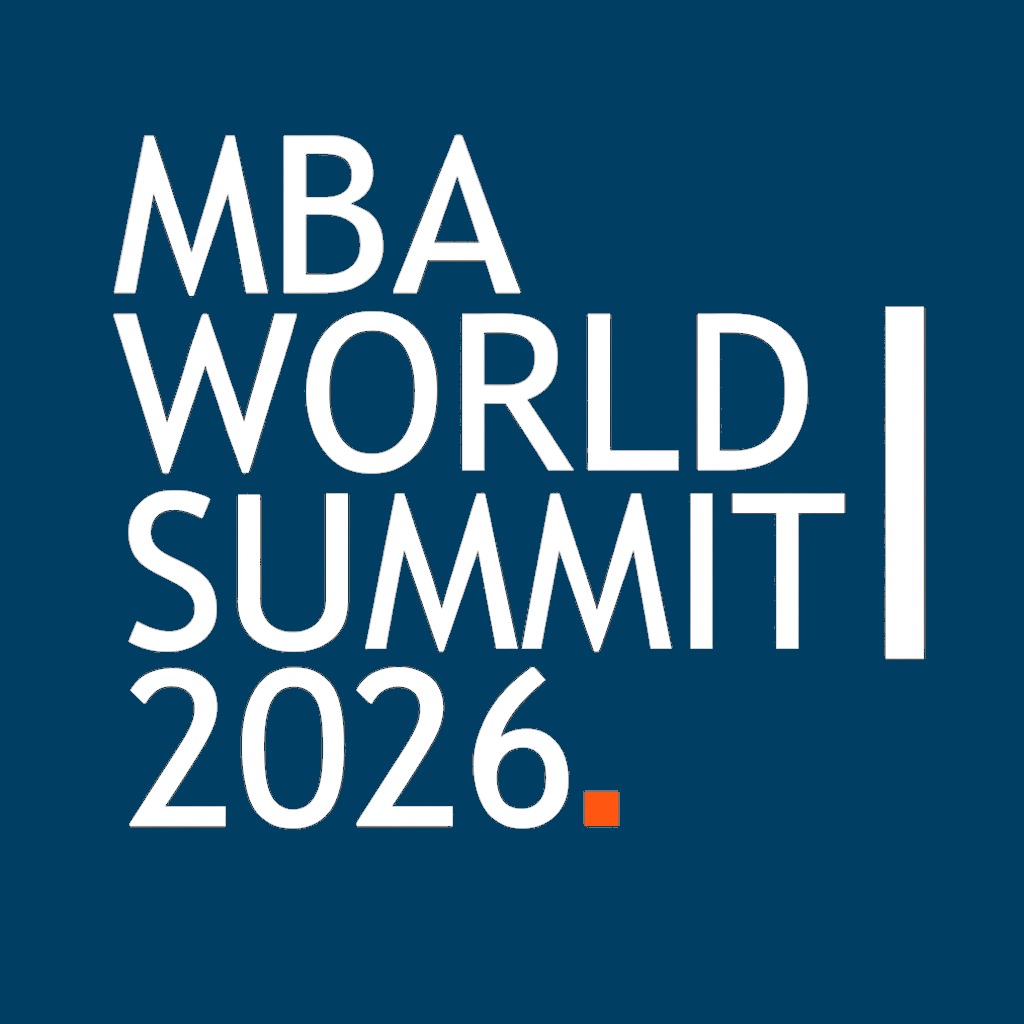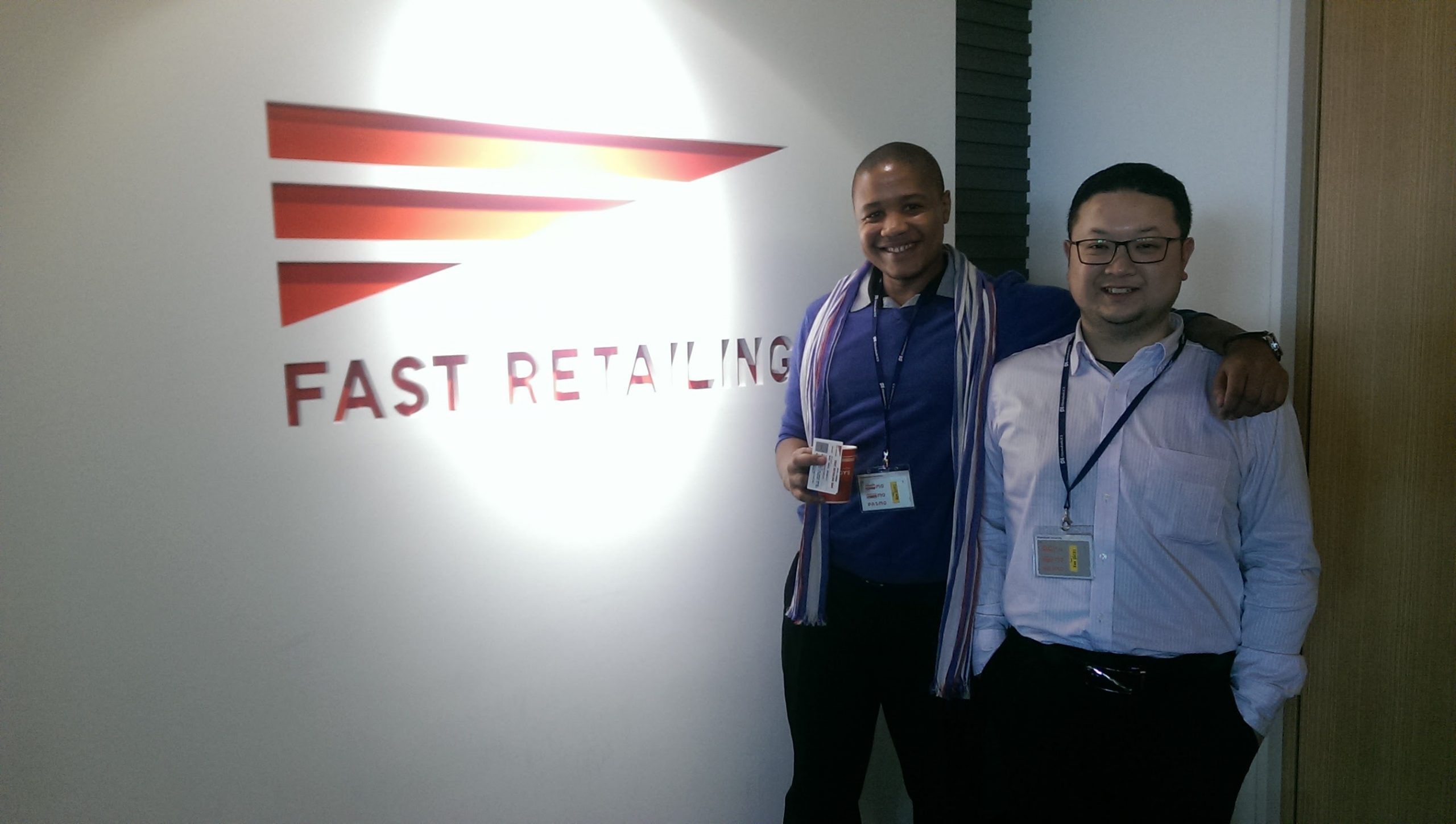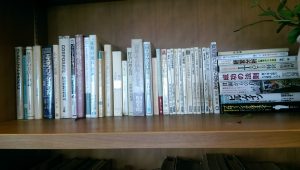Siya Gule | Member since 2016
Back in 2016 I was fortunate enough to spend about a week in Tokyo attending a Hitotsubashi Graduate School of International Corporate Strategy exchange program. As part of that experience, we were hosted at Uniqlo’s 10-storey signature store in Ginza, and even more interestingly — spent time at Fast Retailing’s headquarters in Tokyo Midtown, Roppongi, chatting for about an hour with Tadashi Yenai — Japan’s richest man.
Outside of the lessons he was gracious enough to endow us with, a distinct impression I left with was how widely read he is — and how he tries to inculcate this culture of autodidacticism within his organisation. We spent our lunchtime munching on Bento boxes in one of their common areas where they keep many of their books. Given how secretive this company is in nature (they’ve still not allowed the snaps taken during the trip to their offices to be released except those taken outside their Uniqlo store in Ginza) — I thought I’d try to snap some picture of a few shelves to get a sense of what passes for interesting/useful in the halls of Fast Retailing.
To be sure this is a fantastically successful company whose ambition is to drive Uniqlo to become the world’s number apparel brand by 2020. They’re in a fierce tussle mainly with H&M & Zara and use similar strategies of very fast turnaround on designs/styles, low cost and a limited (but fast changing) range which is current.
The time spent at Uniqlo before they opened for the day was fascinating in seeing how much staff at all levels are expected to know about the company’s operations and strategy as well the intricacies of their particular store and floor. The kinds of questions we heard being asked were clearly those of a company that expects all to think and behave like a mini-general manager or mini-executive. Evidently this rolls up to holding company Fast Retailing itself and brings us back to those bookshelves. As stated, while getting fed I took a few pics (some featured here) of about 250–300 titles of the titles on display and have collated a few of these for your convenience dear reader.
Well this ethos is in full swing at Fast Retailing but of course all from economics to organisational theory were well represented. Equally fascinating were where some of the largest clustering was occurring in terms of genre:
- A clear focus on philosophy
- Understanding and managing the human animal
- Efficiency & Organisation
- Technology & Science
- History
Also of interest are the fact that much of the material here is old…some of it VERY old. No doubt part of this is down to the fact that books are being donated to this pool and as such are slightly older, yet real wisdom is essentially ageless. In fact there are many successful people — Tim Ferris is an example — who essentially eschew keeping up with modern books, articles and newspapers in favour of older tomes which have stood the test of time. This “test of time” concept is explored by the inimitable Nassim Taleb (of Black Swan & Anti-Fragile fame) through a concept he refers to as the Lindy Effect — the idea that the future life expectancy of some non-perishable thing like a technology or a book is proportional to its current age, so that every additional period of survival implies a longer remaining life expectancy.
Business, Business History & Strategy
The Wheels of Commerce \\ Fernand Braudel
Scenarios: The Art of Strategic Conversation \\ Kees van der Heijden
Attention Economy: Understanding the New Currency of Business \\ John C. Beck & Thomas H. Davenport
Economics
Small is Beautiful \\ E. F. Schumacher
Institutions, Institutional Change & Economic Performance \\ Douglass North
The Architecture of Markets \\ Neil Fligstein
Essays
Untruth: Why the Conventional Wisdom Is (Almost Always) Wrong \\ Robert J Samuelson
Finance
When Genius Failed: The Rise & Fall of Long Term Capital Management \\ Roger Lowenstein
Globalisation
A Future Perfect \\ John Micklethwait & Adrian Wooldridge
History
Mao Zedong & China’s Revolution \\ Timothy Cheek
Constant Battles: Why We Fight \\ Steven A. LeBlanc, Katherine E. Register
Innovation
The Art of Innovation: Lessons in Creativity from Ideo, America’s Leading Design Firm \\ Tom Kelley, Jonathan Littman, Tom Peters
Management Theory
The Great Organisers \\ Ernest Dale
Basho Management \\ Masao Maekaw
Negotiation
Getting to Yes \\ Bruce Patton, Roger Fisher & William Ury
Organisational Theory
The Twenty-First-Century Firm: Changing Economic Organization in International Perspective \\ Paul DiMaggio
Adaptive Enterprise: Creating and Leading Sense-And-Respond Organizations \\ Stephan H. Haeckel
Philosophy, Politics & Political Theory
Experience & Judgement \\ Edmund Husseri
Popper Selections \\ Karl Popper
The Thinking of The Sensible \\ Mauro Carbone
Psychology
The Act of Thinking \\ Derek Melser
Who Really Matters: The Core Group Theory of Power \\ Art Kleiner
Presence \\ Amy Cuddy
Science
The Evolution of Cooperation \\ Robert Axelrod
Quantum Mechanics \\ Christopher Norris
Sociology
48 Laws of Power \\ Robert Greene
The Blank Slate: The Modern Denial of Human Nature \\ Steven Pinker
Technology & Tech History
The Age of Spiritual Machines \\ Ray Kurzweil
Where Wizards Stay Up Late; The Origins of the Internet \\ Katie Hafner & Matthew Lyon
What The Dormouse Said: How 60s Counterculture Shaped the PC Industry \\ John Markoff


